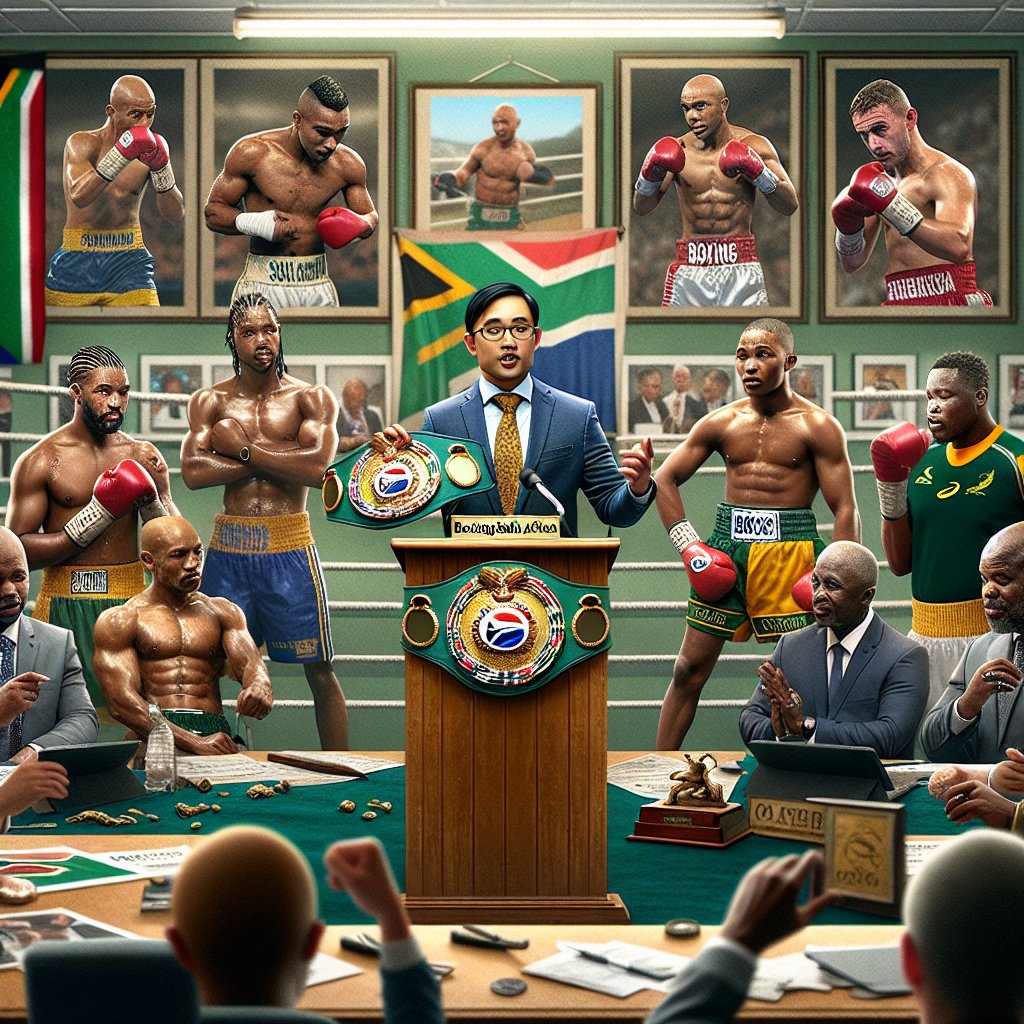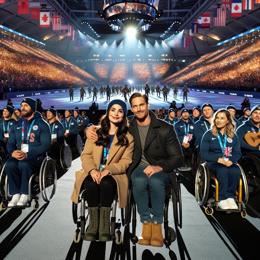Content created by AI
Boxing South Africa's Ambitious Plan for Equity in Sports Pay
In a bold statement of intent, Boxing South Africa’s (BSA) acting CEO, Mandla Ntlanganiso, addresses the need for equal pay in the sporting arena. Emphasizing the importance of boxers as the core stakeholders of the sporting code, Ntlanganiso expressed a wish for South African national champions to eventually earn as much as the esteemed Springbok rugby players. His vision, though ambitious, sheds light on the disparities within the world of sports remuneration and highlights the potential for boxing's resurgence in the country.
The press briefing held at BSA's Pretoria headquarters not only unveiled Ntlanganiso's aspirations but also unveiled critical issues affecting local boxing. The stark contrast between the activity of South African boxers and their international peers, skill development, and the scarcity of sponsorships were underscored as areas that drastically require redress. Furthermore, when considering South African representation in the top 15 rankings across all 17 divisions globally, it is evident that there’s significant room for progress.
To combat these challenges, a series of programme launches are planned. Among them, an ambassador initiative poised to draw on the wealth of experience from former boxing champions. These legends, having once catapulted South Africa into the global limelight, are expected to mentor current athletes, forging a new generation of successful fighters imbued with knowledge from the past greats. This echoes a global trend where a nexus between experienced, retired athletes and the current crop often leads to a feathering of raw talent.
Additionally, Ntlanganiso draws attention to the need for a revamped national championship belt design, suggesting a symbolic move to restore value to the national title. BSA's commitment to this vision is evident, despite the current turbulence faced, with the recent interdiction of their executive board. The ongoing legalities necessitate steering by Sports Minister Zizi Kodwa, with high-level decisions still pending.
Despite the clear intent to revitalize the sport, one pressing question lingers: can the organization secure the necessary sponsorship? Sponsorships are a lifeline for any sport, and for boxing in South Africa, competent sponsorship management could be transformational. Bringing in the requisite funding to meet Ntlanganiso’s visionary pay equity and developing the sport at its core would be a monumental task, yet pivotal in altering the narrative of boxing in South Africa.
As BSA continues to function without a board, the continuity of their rating and sanctioning committees signals a commitment to uphold their agenda while grappling with administrative restructuring. Though the path ahead is fraught with complexity, it could take months to navigate the impasse.
The strategy set out by BSA, epitomized by Mr. Ntlanganiso’s ambitions, outlines a roadmap towards heightened professionalism and commercial viability within boxing. Achieving pay parity akin to that of the resilient Springboks is an effort that would not only require incremental changes in the structure and funding but one that could potentially spearhead an era of revitalized interest in the art of pugilism within South Africa.










